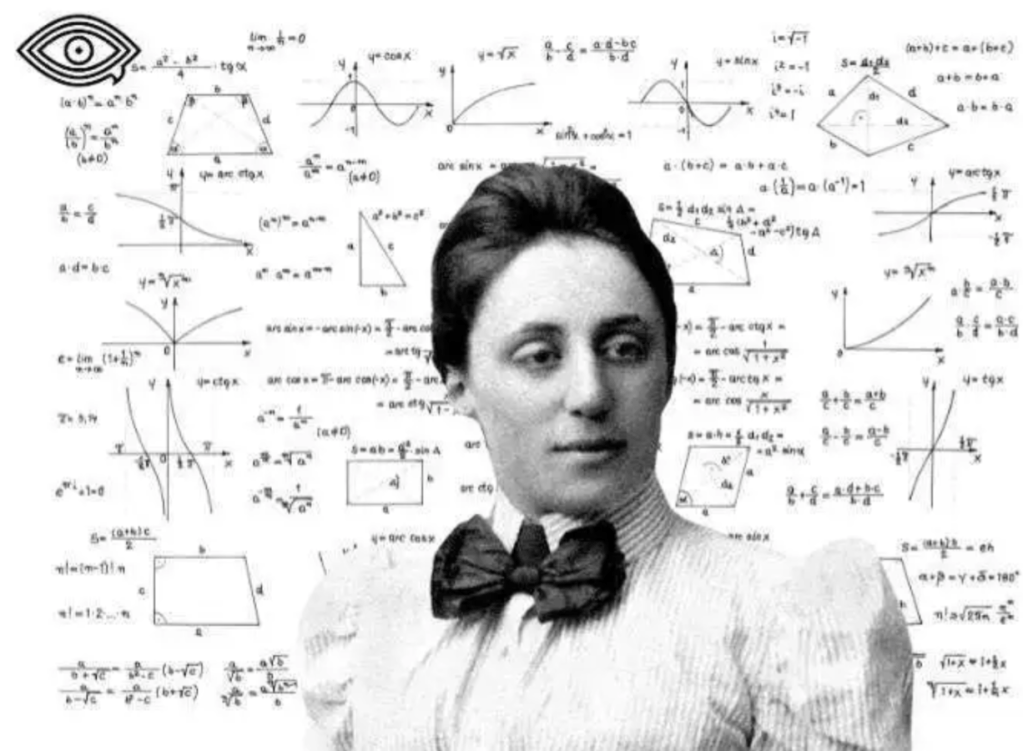Born in 1885, a girl who would soon challenge Sigmund Freud’s ideas was born. Karen Horney was known as a psychoanalyst from Germany and was one of the first female Freudian psychoanalysts. This means that Horney was taught on behalf of Freud’s principles and beliefs. As much as she appreciated the realm of psychology, she also partook interest in those who were irritable and anxious, how psychology influences culture, dealing with psychological issues by staying in the present and addressing current problems, and humanistic psychology. Humanistic psychology is more gentle and relies on acknowledging one’s actions and how others perceive them.

One critique that Horney had was that she believed Freud’s theories were mainly centered on men. One example is the psychoanalytic theory, which explores the mind of the unconscious and their unknown desires. The theory would allow people to find underlying reasons for wildly vivid dreams and emotions. The theory can be helpful for those who struggle with anxiety and depression.
About the psychoanalytic theory, Horney stated that personalities and other aspects of a person were based on biology and genetics. She also deviated from Freud’s original theory and questioned the topic of whether women’s mental health issues were a result of a world primarily dominated by men. As a result of challenging his theory, Horney was not allowed to enter the New York Psychoanalytic Institute in 1941.
Mainly what Horney did in the beginning of psychoanalysis was testing male-oriented beliefs. A prime example of this was that if one is overly anxious and worried, it may be due to their environment rather than the unconscious mind, which was something that Freud focused on. Horney also started the concept of psychology that included deviance, which is when actions are accepted by society, one of which can explain why crimes that are committed by women are significantly lower than men.
Taught in AP Psychology, Horney helped develop Maslow’s Hierarchy of Needs, the idea that primary needs must be met in order to succeed in another. She also contributed to psychiatry in terms of diagnosing several mental health disorders.
Horney also created the neurotic needs theory. This is when anxiety that may have been created due to external situations such as family issues. A solution that people may sought for, according to Horney’s book Self-Analysis, the main neurotic needs are the following:
- Wanting love
- A significant other who will dictate their life
- A want to be famous
- The want for one to be admired
- The want to achieve certain accomplishments
- The want to be independent
- The want to be precise and free of error
The want to be loved and to be powerful were the two main things that Horney found first to make one neurotic.
Horney later on developed the concept of self-realization. She found that this is due to intrinsic motivation, that one freely does their decisions based on what they want. Whereas, neurotic people are rather shaky and feel a sense of urgency to accomplish something and create a vision of themselves in which they are prosperous and successful. Horney, however, believed that no matter how much one idealized oneself as a popular person and such if the idea does not come true, the person will feel further unhappy and disappointed within themselves, which turns into a cycle. She rather finds that being the ‘actual’ self instead of the ‘idealized’ version of themselves will lead to a better quality of life. The ‘actual’ sense of self requires one to acknowledge their faults and accomplishments while being ‘idealized’ puts too much pressure and leads to continuous feelings of unfulfillment.

Horney found there are several ways for neurotic people to deal with the vicious habit of wanting to become their ‘idealized’ self, the main ones are the following:
- Appearing to be avoidant and ‘detached’ from other people’s expectations. Yet, Horney finds that this coping mechanism can backfire since one would need to be in such an environment to find oneself and grow. This leads to Horney’s belief that the environment the individual grew up in made them rather narcissistic. Such example can be during their childhood, when they always got things their way.
- Perfectionism. The constant feeling of wanting to make things perfect can set extremely high expectations within themselves. Horney found that the person’s environment derived from parents who made their child feel like a complete failure. To them, if they do not complete a goal, they will always be seen as something of no value. This is extremely harmful as perfectionism may create a sense of despising oneself.
- Avoiding affection and the feeling of being wanted. Environmentally, this can be derived from past experiences that may have harmed that person. Their heart is closed and do not prefer to open it, which can also create anger and hate.
Overall, Horney remains a very significant figure in psychology and her work will always be appreciated. She died in 1952 in New York and was 67 years old.
Works Cited
“Interpersonal Psychotherapy (IPT).” CAMH, https://www.camh.ca/en/health-info/mental-illness-and-addiction-index/interpersonal-psychotherapy. Accessed 15 June 2024.
Mcleod, Saul. “Psychoanalysis: Freud’s Psychoanalytic Approach to Therapy.” Simply Psychology, 24 January 2024, https://www.simplypsychology.org/psychoanalysis.html. Accessed 15 June 2024.Nickerson, Charlotte. “Karen Horney: Theory and Contributions to Psychology.” Simply Psychology, 25 January 2024, https://www.simplypsychology.org/karen-horney-biography.html. Accessed 15 June 2024.
About the Author

Hello! My name is Allison and I am a rising senior in Florida. I am interested in STEM due to its numerous challenges to solve and thinking of clever ways to solve the issues. I am more interested in psychiatry and its many contributions to society. This topic interested me in particular because most of Horney’s beliefs are still applicable. Remember to be calm, to take care of yourself, and to appreciate your achievements. Everyone is on their own path.


Leave a comment